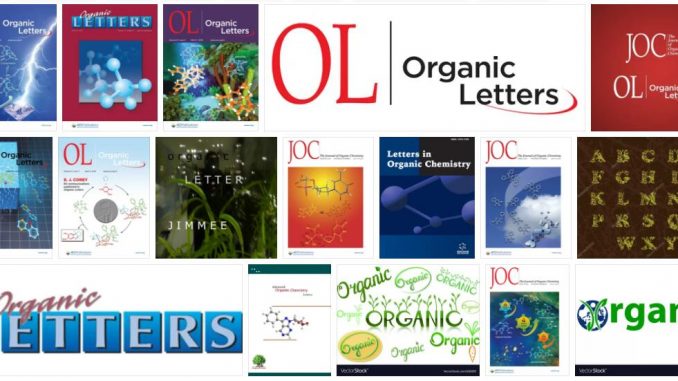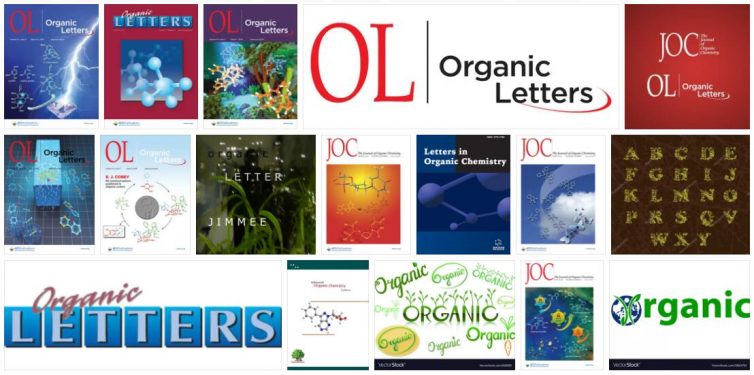
The first thing we are going to do before knowing the meaning of the term organic letter is to determine the etymological origin of the two words that give it its shape:
-Carta is a term that derives from the Latin “charta” and that can be translated as “paper”. However, this comes, in turn, from the Greek “kharthes”, which was used to name the papyrus sheet that was prepared to be able to write.
-Organica, on the other hand, is a word that emanates from Latin. Specifically, from “organicus” which, in turn, emanates from the Greek “organon” and which means “tool”.
An organic charter is a document that collects the various norms that organize the economic, political and institutional functioning of a municipality. It is said that the charter is the fundamental law of these administrative divisions because it establishes the principles that govern their system.
The charter, therefore, is a legal instrument. The functions and powers of local bodies, the division of powers, the distribution of resources and other issues are defined by this set of laws and provisions.
It is important to bear in mind that the organic charter is part of the legal system of the State to which the municipality in question belongs. The Constitution or Magna Carta is the fundamental norm of a country: no regulation or law can contradict its principles. The organic charter of a municipality, in this way, must coincide with the limits established by the Constitution.
In the legal structure, below the National Constitution (which is applied throughout the country), there are usually the Provincial Constitutions (whose scope of application corresponds to each province). The municipal charter (linked to a single municipality) must respect what is established by the higher-ranking regulations. In other words: just as a Provincial Constitution cannot contradict the National Constitution, the organic charter of a municipality must not conflict with the Provincial Constitution that governs the territory.
Among the many organic letters that exist, we must highlight the Organic Charter of Córdoba (Argentina), which was sanctioned on November 6, 1995 and was published two days later.
It consists of a preamble, four parts, and transitory provisions. Those parts that are divided into several sections:
-The first part revolves around duties, rights, special policies and even principles of government. It has a single section that is divided into two titles.
-The second part is made up of three sections. The first deals with the municipal government and is divided into two titles (Deliberative Council and Executive Department). The second is on control bodies and consists of two titles (Court of Accounts and Other bodies). The third section, which is divided into two titles, revolves around the responsibility of municipal authorities.
-The third part, which is made up of five sections, addresses political participation as the most relevant issue.
-The fourth, with a single section and two titles, talks about reform and amendment.
Various institutions, such as a central bank or a political party, are also governed by a set of rules and regulations known as a charter.
